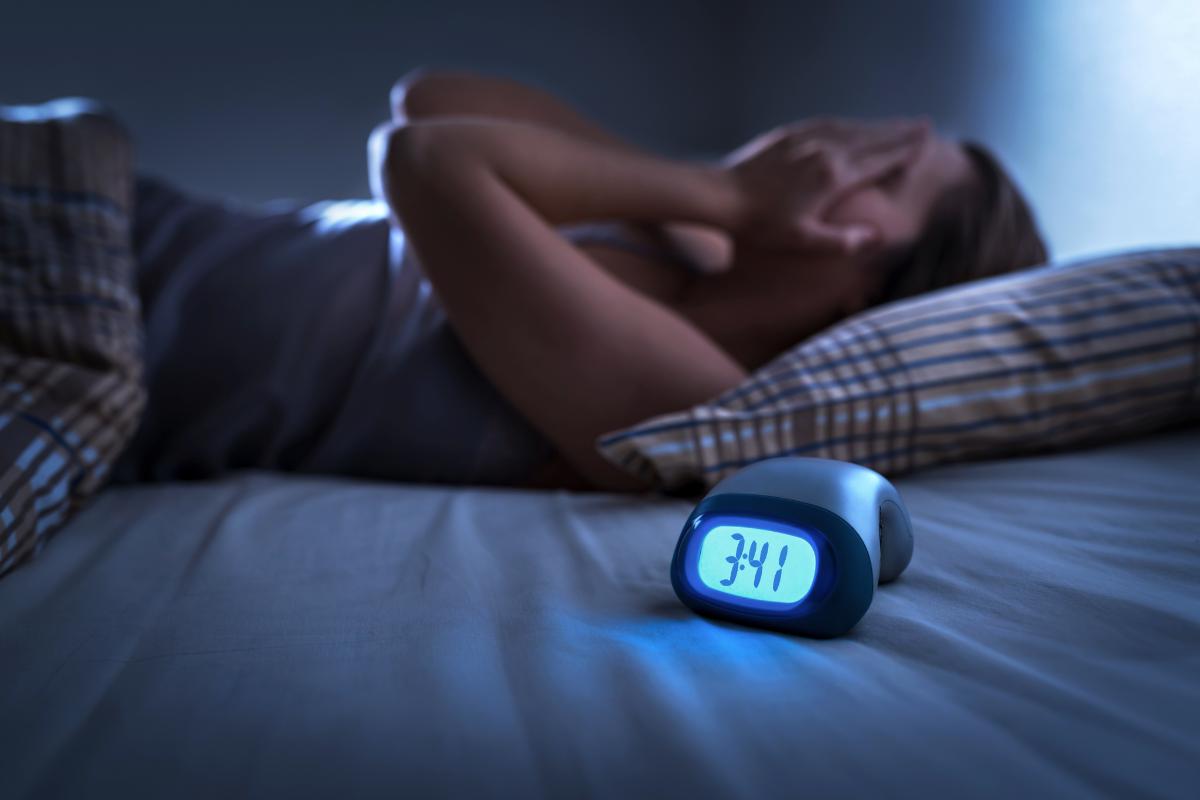Understanding Sleep Disorder Treatment for Improved Rest and Recovery

What are Sleep Disorders?
Sleep disorders are conditions that impair your ability to get restful sleep on a regular basis. They can affect your overall health, safety, and quality of life. Common types of sleep disorders include:
- Insomnia: Difficulty falling asleep or staying asleep.
- Sleep Apnea: Breathing interruptions during sleep.
- Narcolepsy: Excessive daytime sleepiness and sudden sleep attacks.
- Restless Legs Syndrome (RLS): Uncomfortable sensations in the legs with an urge to move them.
- Circadian Rhythm Disorders: Disruptions in the body's internal clock, affecting sleep-wake patterns.
The Impact of Sleep Disorders
Untreated sleep disorders can lead to a variety of physical and mental health issues, including:
- Chronic Fatigue: Persistent tiredness affecting daily functioning.
- Mental Health Problems: Increased risk of anxiety, depression, and other mood disorders.
- Cardiovascular Issues: Higher risk of hypertension, heart disease, and stroke.
- Decreased Cognitive Function: Impaired memory, concentration, and decision-making skills.
- Weakened Immune System: Greater susceptibility to infections and illnesses.
Sleep Disorder Treatment Options
Effective treatment for sleep disorders typically involves a combination of medical interventions, lifestyle changes, and therapeutic techniques. Here's a closer look at some of the most common and effective treatments:
Medical Treatments
Medications
Certain medications can help manage sleep disorders:
- Sleeping Pills: Short-term use for insomnia to help initiate sleep.
- Melatonin Supplements: For circadian rhythm disorders to regulate the sleep-wake cycle.
- Medications for Underlying Conditions: Treating conditions like depression or anxiety that may contribute to sleep problems.
CPAP Therapy
For individuals with sleep apnea, Continuous Positive Airway Pressure (CPAP) therapy is a common treatment. It involves wearing a mask over the nose and/or mouth during sleep, which delivers a continuous stream of air to keep the airways open.
Lifestyle Changes
Making specific lifestyle adjustments can significantly improve sleep quality:
Establish a Sleep Routine
- Consistent Schedule: Go to bed and wake up at the same time every day, even on weekends.
- Bedtime Ritual: Create a calming pre-sleep routine, such as reading or taking a warm bath.
Optimize Your Sleep Environment
- Comfortable Bedding: Ensure your mattress and pillows provide proper support.
- Dark, Quiet Room: Use blackout curtains and white noise machines if necessary.
- Cool Temperature: Keep the room cool, as lower temperatures can promote better sleep.
Healthy Habits
- Exercise Regularly: Physical activity can help regulate sleep patterns but avoid vigorous exercise close to bedtime.
- Healthy Diet: Avoid large meals, caffeine, and alcohol before bedtime.
- Limit Screen Time: Reduce exposure to screens and blue light in the evening.
Cognitive Behavioral Therapy for Insomnia (CBT-I)
CBT-I is a highly effective treatment for chronic insomnia. It involves working with a therapist to identify and change negative thoughts and behaviors that contribute to sleep problems. Components of CBT-I include:
- Sleep Education: Understanding the principles of good sleep hygiene.
- Stimulus Control: Associating the bed with sleep and limiting activities like watching TV in bed.
- Sleep Restriction: Limiting time spent in bed to increase sleep efficiency.
- Relaxation Techniques: Learning relaxation methods to reduce pre-sleep anxiety.
Addressing Underlying Medical Conditions
Sometimes, sleep disorders are caused or exacerbated by underlying medical conditions. Treating these conditions can improve sleep quality. Conditions to address include:
- Mental Health Disorders: Managing anxiety, depression, or other mental health issues.
- Chronic Pain: Effective pain management can lead to better sleep.
- Respiratory Problems: Treating asthma or allergies that affect breathing during sleep.
Conclusion
Sleep disorder treatment is essential for achieving restful, restorative sleep and improving overall health. By combining medical treatments, lifestyle changes, and therapeutic techniques, individuals can manage their sleep disorders and enjoy better quality sleep.

